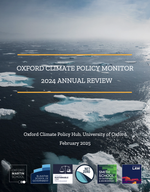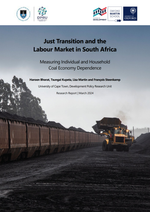Government Office for Science
Foresight Future Identities (2013) Final Project Report. The Government Office for Science, London.
View ReportIdentity in the UK is changing. Over the next 10 years, people’s identities are likely to be significantly affected by several important drivers of change, in particular the rapid pace of developments in technology. The emergence of hyper-connectivity (where people can now be constantly connected online), the spread of social media, and the increase in online personal information, are key factors which will interact to influence identities. These developments need to be set within a wider context of demographic change: the shift of the large post-war generation into retirement, and the coming into adulthood of young people who have been immersed since birth in a digital environment. The increasing diversity of the UK’s population means that dual ethnic and national identities will continue to become more common, while the gradual trend towards a more secular society appears likely to continue over the next decade. A key message for policy makers is that identities can be a positive resource for social change, building social capital, and promoting wellbeing, but they can also have a role in social unrest and antisocial behaviour.





